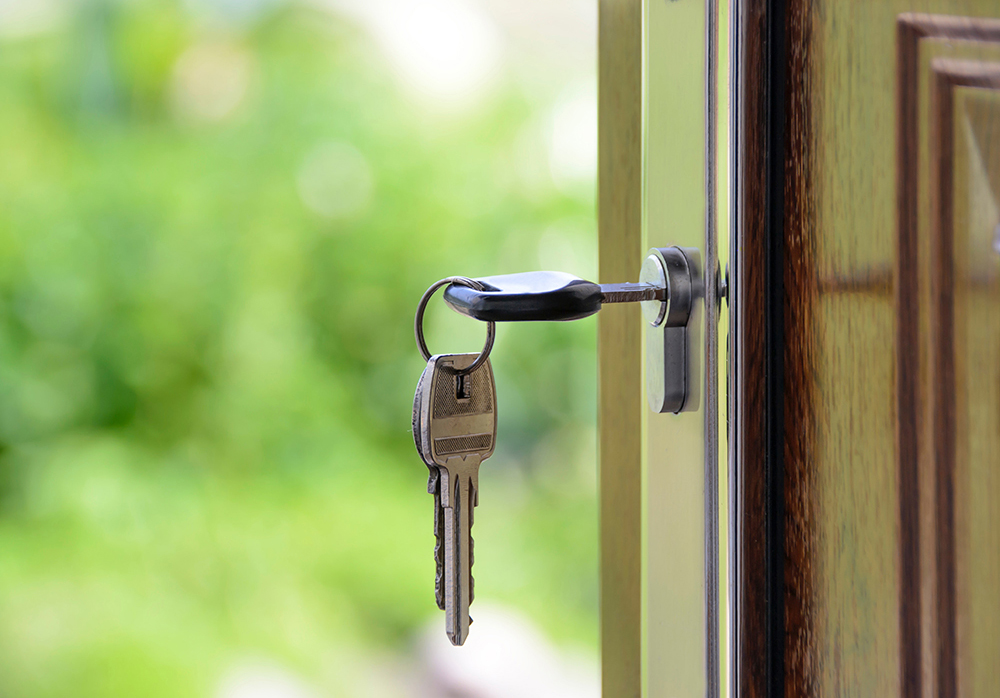
Rent Control Laws in Indore
Title: Rent Control Laws in Indore: Rights and Responsibilities of Tenants and Landlords
Introduction:
Rent control laws in Indore provide legal guidelines for both tenants and landlords, ensuring fair practices and protecting the rights of both parties. This guide aims to explain the rights and responsibilities of tenants and landlords under the rent control laws in Indore, offering a comprehensive understanding of the regulations.
- Understanding the Applicable Rent Control Act:
Familiarize yourself with the rent control act applicable in Indore, such as the Madhya Pradesh Accommodation Control Act, to understand the legal framework governing rent control in the city. - Rental Agreement and Written Contract:
Ensure that there is a written rental agreement or contract in place between the tenant and landlord. The agreement should clearly outline the terms and conditions of the tenancy, including rent, duration, and other relevant clauses. - Rent Payment and Receipts:
Pay rent on time as specified in the rental agreement. Request a rent receipt from the landlord for every payment made. Keep a record of these receipts as proof of payment. - Rent Increase:
Be aware of the rules regarding rent increases. In Indore, landlords can increase the rent by a certain percentage specified in the rent control act. Any rent increase must be communicated in writing, adhering to the legal requirements. - Security Deposit:
Understand the security deposit regulations. The landlord is entitled to request a security deposit, usually equivalent to a specific number of months’ rent. Ensure that the amount and conditions for refunding the deposit are clearly mentioned in the rental agreement. - Maintenance and Repairs:
Landlords are responsible for maintaining the rented premises in a habitable condition. Tenants should promptly inform the landlord of any necessary repairs or maintenance issues. Landlords should address these concerns within a reasonable timeframe. - Access and Privacy:
Respect each other’s privacy and rights. Landlords should provide advance notice and seek permission before entering the rented premises, except in emergency situations. - Utilities and Bills:
Clarify with the landlord which utilities, such as water, electricity, or gas, are included in the rent. Tenants should pay their share of the utilities promptly as agreed upon. - Tenancy Duration and Termination:
Understand the rules regarding tenancy duration and termination. Both landlords and tenants should adhere to the notice periods specified in the rent control act when terminating the tenancy. - Eviction and Legal Procedures:
In case of eviction, landlords must follow the legal eviction procedures outlined in the rent control act. Tenants have the right to challenge an eviction notice if it does not comply with the legal requirements. - Subletting and Sublease:
Obtain written permission from the landlord before subletting or subleasing the rented premises. Both parties should clearly understand the terms and conditions related to subletting. - Tenant’s Right to Quiet Enjoyment:
Tenants have the right to peaceful and quiet enjoyment of the rented premises. Landlords should not interfere with this right by causing unnecessary disturbances or interruptions. - Tenant’s Right to Notice:
Landlords should provide tenants with proper notice for any changes in the terms of the tenancy, such as rent increases or modifications to the rental agreement. This ensures transparency and allows tenants to plan accordingly. - Tenant’s Right to Association:
Tenants have the right to form tenant associations or join existing ones to collectively address their concerns and protect their rights. Landlords should not discriminate against tenants for participating in such associations. - Tenant’s Responsibility for Property Care:
Tenants should maintain the rented premises in a reasonable manner and avoid causing any damage beyond normal wear and tear. Any significant damages should be reported to the landlord promptly. - Landlord’s Right to Inspect:
Landlords have the right to inspect the rented premises, but it should be done with proper notice and at reasonable intervals. Inspections should not be intrusive or frequent. - Landlord’s Responsibility for Safety:
Landlords should ensure that the rented premises meet safety standards, including providing necessary safety equipment and maintaining common areas in a safe condition. - Dispute Resolution:
In case of disputes or disagreements, both tenants and landlords should explore amicable resolution methods such as negotiation or mediation. If required, legal remedies can be sought through the appropriate legal channels. - Legal Advice and Professional Help:
If faced with complex issues or legal disputes, tenants and landlords should consider seeking legal advice from professionals experienced in rent control laws to protect their rights and interests. - Stay Informed and Updated:
Keep yourself informed about any changes or updates to the rent control laws in Indore. Stay updated on your rights and responsibilities as a tenant or landlord to ensure compliance with the latest regulations.
Conclusion:
Understanding the rights and responsibilities of tenants and landlords under the rent control laws in Indore is crucial for a harmonious and fair tenancy. By following these points, both parties can ensure compliance with the legal requirements and contribute to a mutually beneficial and transparent rental relationship. Remember, open communication, mutual respect, and adherence to the rent control regulations will foster a positive and secure rental experience in Indore.
